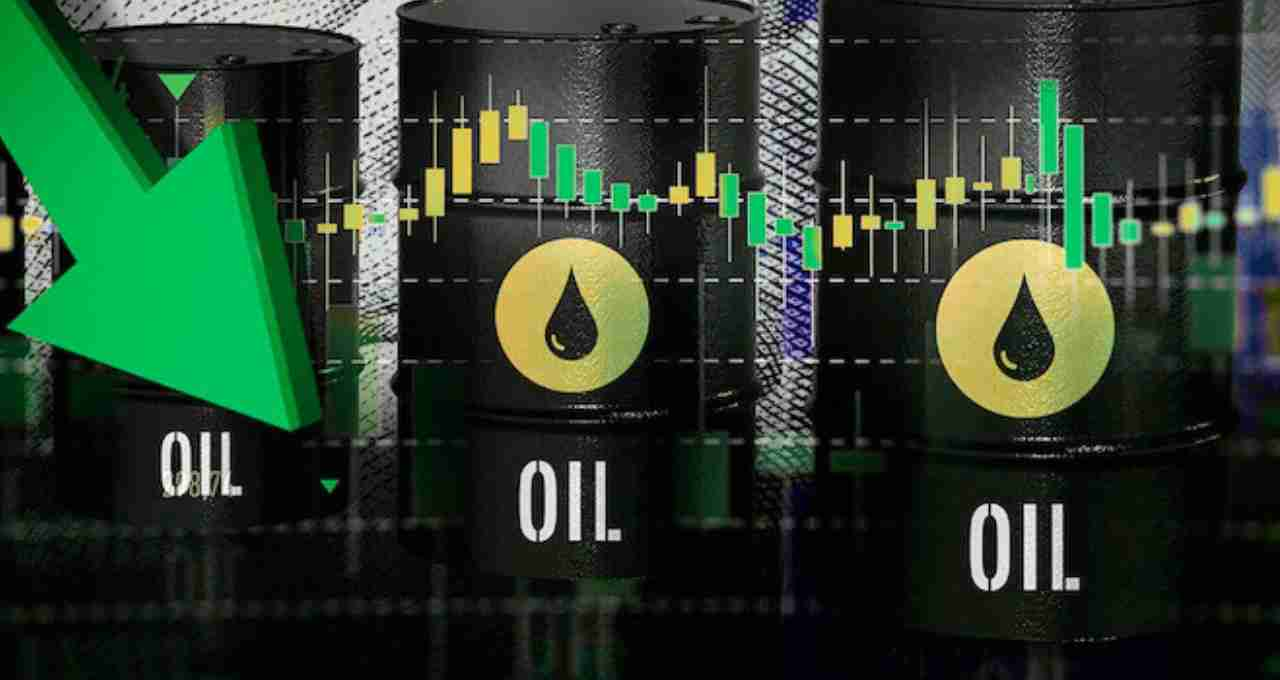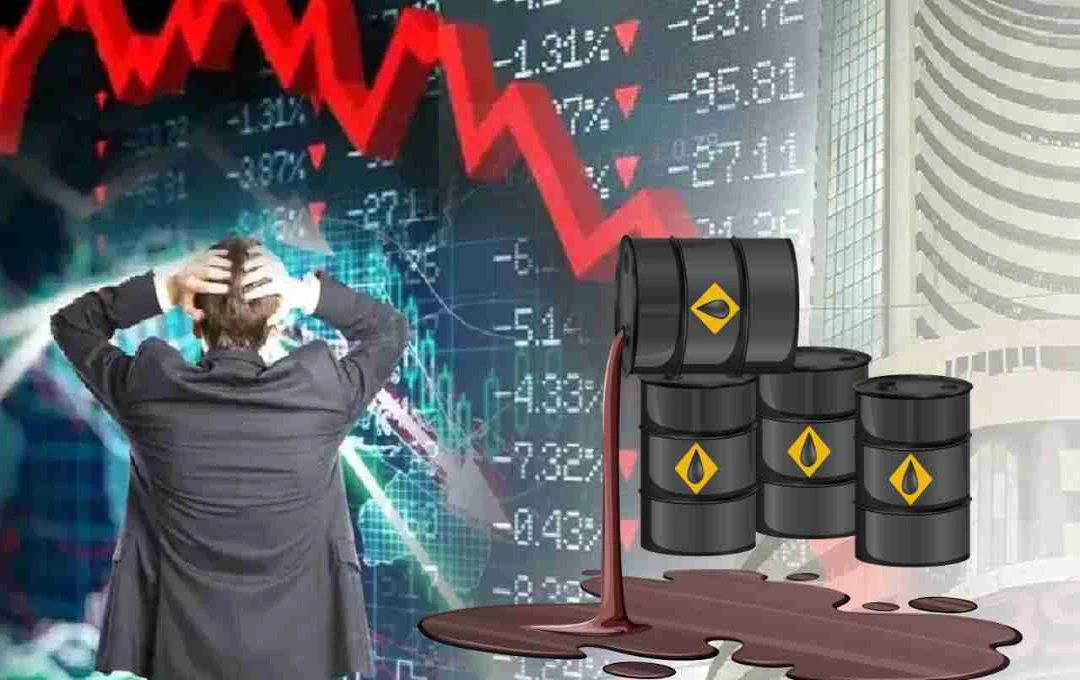Iran-Israel tensions, exacerbated by US involvement, are causing significant volatility in crude oil prices, directly impacting the economies and stock markets of import-dependent countries like India.
Monday, June 23rd, 2025, dawned with tension and uncertainty for Indian and global financial markets. The already volatile situation between Iran and Israel escalated dramatically with overt US intervention. US bombing in West Asia and Iran's retaliatory warnings have heightened international instability. This is directly impacting oil prices, global markets, and investor strategies.
West Asia on the Brink of War
The Middle East, or West Asia, has always been a focal point for geopolitical tensions. However, the US military action against Iran has drastically worsened the situation. US President Donald Trump has made it clear that further, more aggressive military action will follow any Iranian retaliation. This indicates the conflict is no longer confined to Israel and Iran, but has evolved into an international crisis.
Significant Impact on the Stock Market

The immediate impact of this geopolitical crisis was evident on the Indian stock market. On Monday, June 23rd, both the Sensex and Nifty opened with significant declines. In early trading, the Sensex plummeted by approximately 700 points, while the Nifty fell over 180 points, dipping below 25,000.
Despite rising tensions in the Middle East the previous week, the Indian stock market had shown a positive trend, with the Sensex and Nifty registering a growth of about one and a half percent. However, the US action has now sparked investor apprehension, prompting a cautious approach.
Crude Oil Prices Pose a New Challenge
The most serious economic consequence of these events is the surge in crude oil prices. Crude oil prices have already surpassed $76 per barrel. Experts believe that if Iran were to close the Strait of Hormuz, prices could reach $130 per barrel.
The Strait of Hormuz is a critical maritime route for global oil transport, accounting for approximately 20 percent of global oil supply. Disruption of this route would not only increase oil prices but also severely impact global trade and the shipping industry.
Shift in Investor Strategies
Investors are currently seeking safe haven assets. During periods of heightened geopolitical tension, investors typically turn to safe assets like gold and the US dollar. This explains the recent rise in their value.
Experts advise investors to closely monitor crude oil price trends and adjust their portfolio strategies accordingly. Further escalation of tensions could significantly alter investment directions.
Increased Inflationary Pressure

Rising oil prices have a dual impact on the economies of import-dependent countries like India. It increases the trade deficit and simultaneously fuels inflationary pressure. This could counteract the Reserve Bank of India's monetary policy efforts.
Prolonged high crude oil prices could lead to increased transportation costs, input costs, and food prices. This could further elevate the overall inflation rate, already under RBI scrutiny.
US Strategy and Global Implications
Analysts believe that the US intervention is not merely military but also strategic. This move, aimed at strengthening its grip on West Asia and maintaining control over the global energy market, could have far-reaching consequences.
The impact will be felt not only by emerging markets like India, but also by the energy policies of Europe, China, and South Asian countries. Global investor strategies will now be shaped by this tension.
Challenges and Options for India
India's energy needs are largely met through imports. Therefore, rising oil prices directly impact the fiscal deficit and current account deficit. A weaker rupee will further exacerbate the cost of imports, leading to increased domestic inflation.
The government faces a dual challenge: controlling oil prices and mitigating inflationary pressures for consumers. This may necessitate strategic decisions regarding petroleum subsidies.














